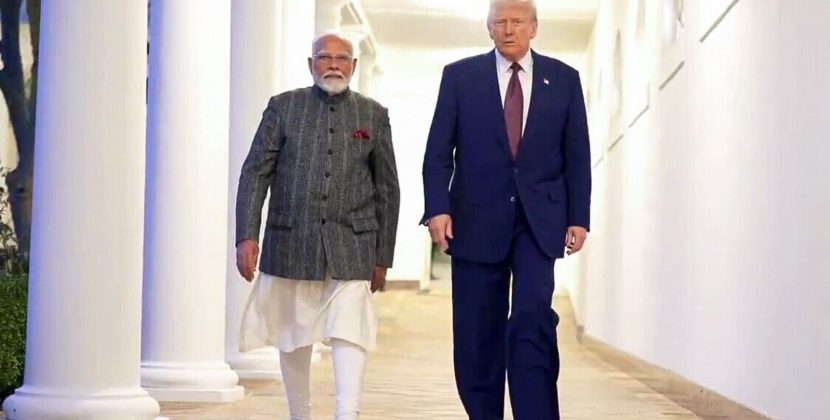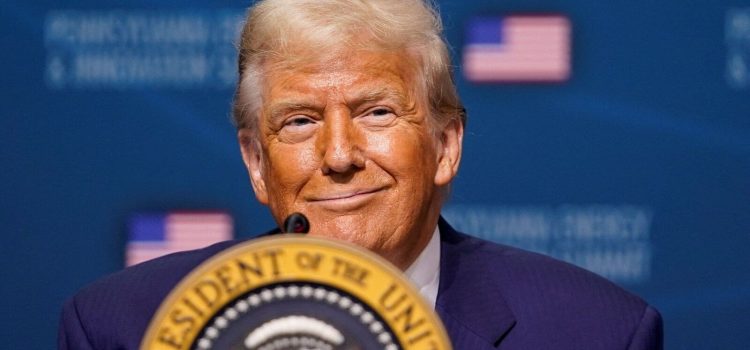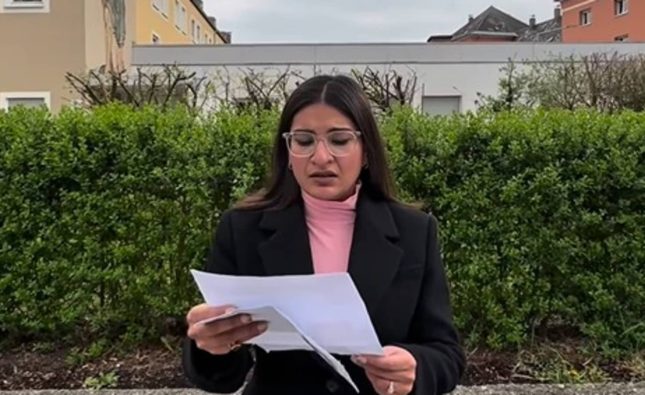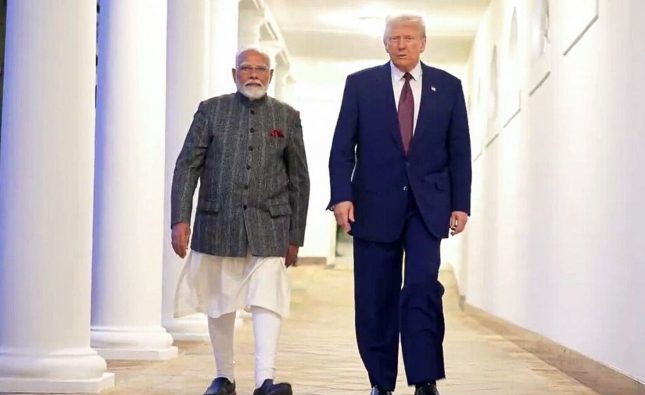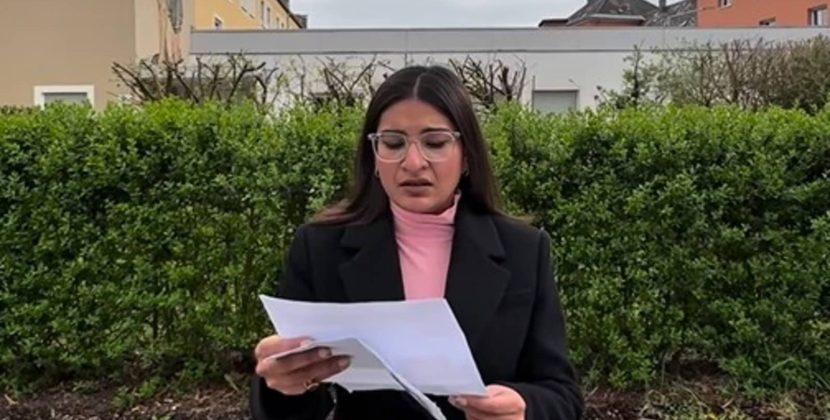
US President Donald Trump has signalled ongoing progress towards a trade deal with India, declaring confidently, “We’re going to have access into India”, even as the details remain under negotiation.
Speaking on Tuesday, Donald Trump credited his administration’s tariff measures for opening markets previously closed to American businesses, emphasising, “You have to understand, we had no access into any of these countries. Our people couldn’t go in. And now we’re getting access because of what we’re doing with the tariffs.”
While a deal between New Delhi and Washington remains to be finalised, Trump drew parallels to the recently announced agreement with Indonesia, where the US will face zero tariffs on exports, and Indonesia will impose a reduced tariff rate of 19 per cent.
On the Indonesia agreement, Trump said, “So we made a deal with Indonesia. I spoke to their really great president, very popular, very strong, and smart. And we made the deal. We have full access to Indonesia… As you know, Indonesia is very strong in copper. But we have full access to everything. We will pay no tariffs.”
Donald Trump added, “So they are giving us access into Indonesia, which we never had. That’s probably the biggest part of the deal. And the other part is that they are going to pay 19 per cent, and we are going to pay nothing. I think it’s a good deal for both parties.” The agreement was described as “finalised” on Trump’s Truth Social platform, though Indonesia had yet to make a public statement.
While US-India trade talks continue with negotiations intensifying ahead of deadlines, India remains the largest US trading partner facing reciprocal tariffs, with discussions focusing on expanding market access and tariff reductions on goods estimated between $150 billion and $200 billion in bilateral trade.
According to media reports, India and the US aim to boost bilateral trade to $500 billion by 2030, but talks are stalled over dairy imports. India refuses American dairy, citing cultural concerns, and seeks stringent certification for imports, emphasising the protection of its dairy industry and small-scale farmers.
India has clearly called it a “non-negotiable red line” to safeguard its citizens and is seeking a stringent certification that assures imported milk comes from cows not fed animal-based products such as meat or blood.

